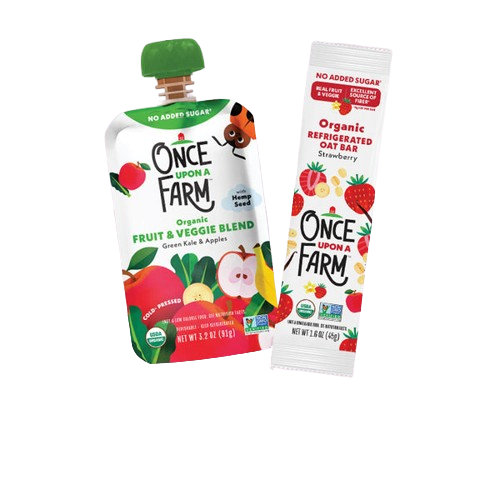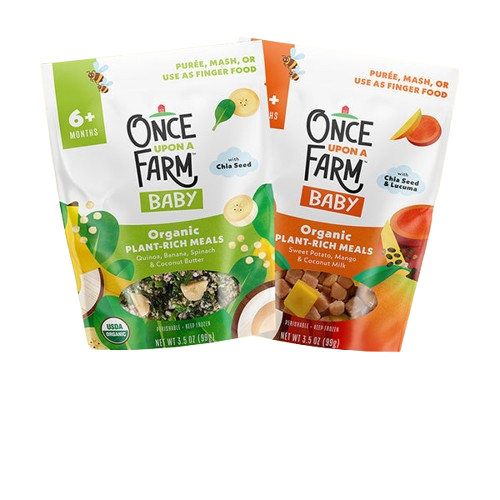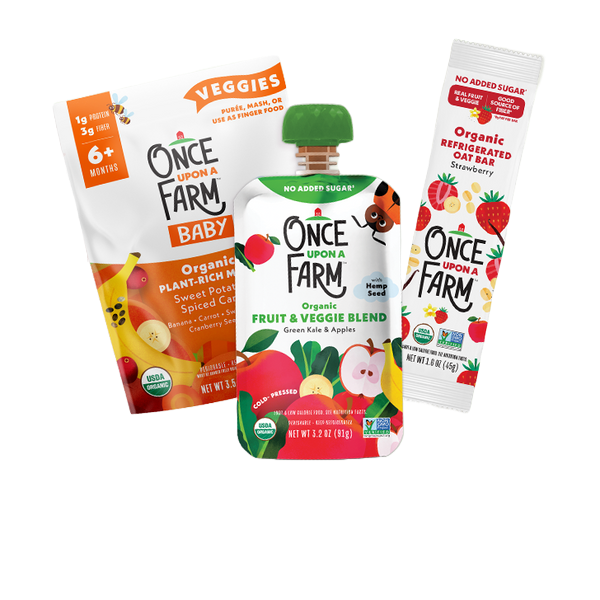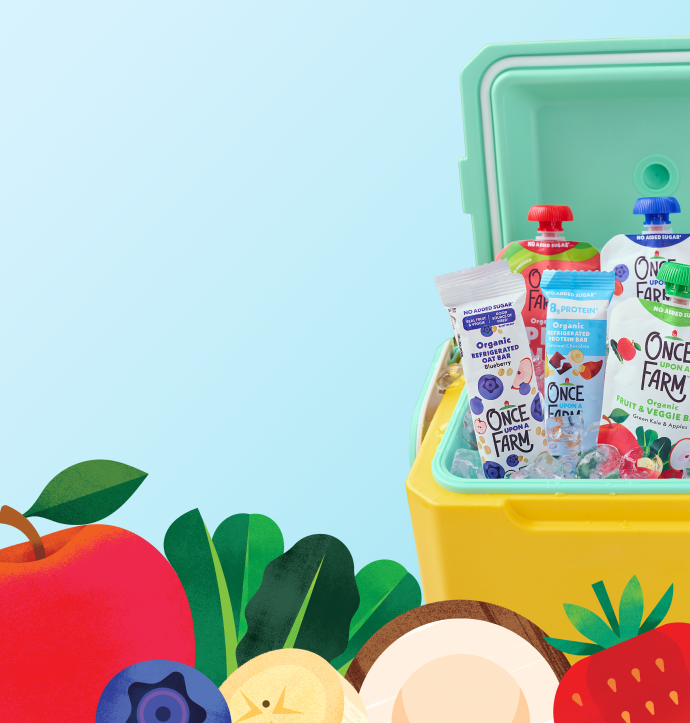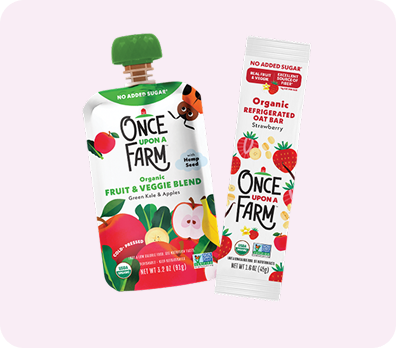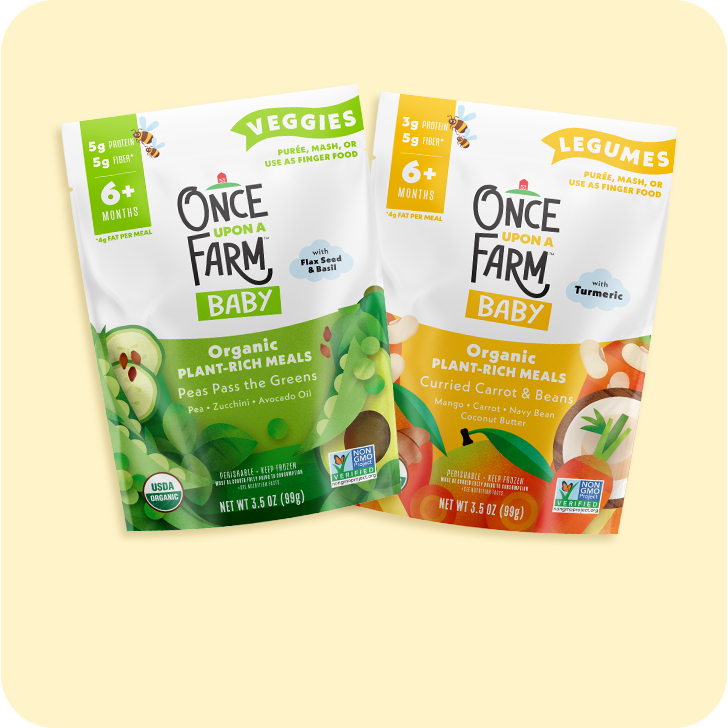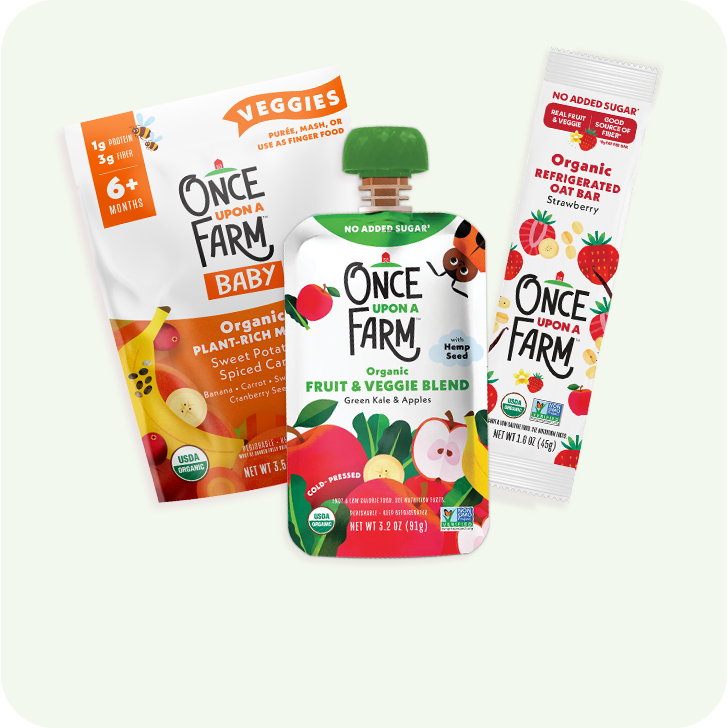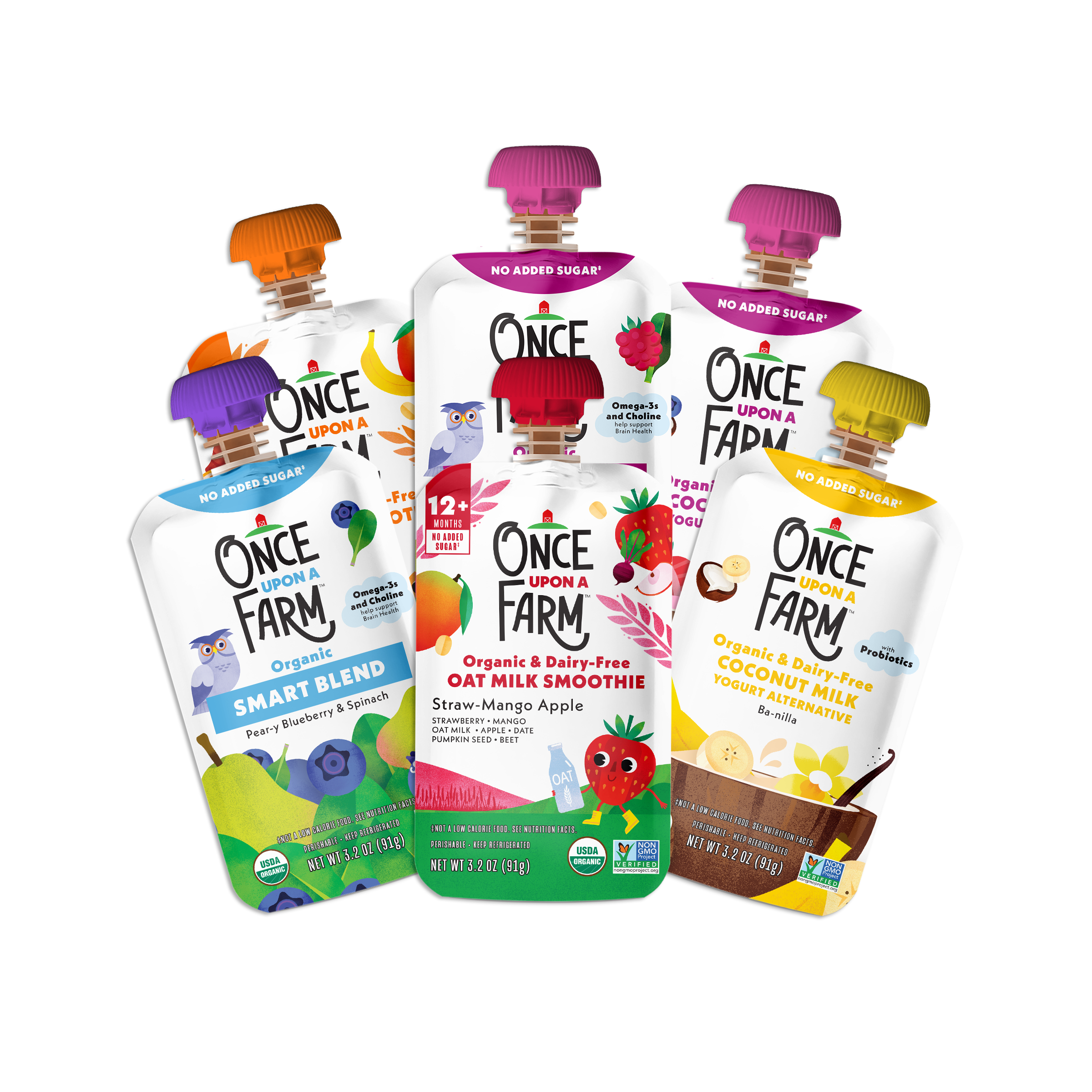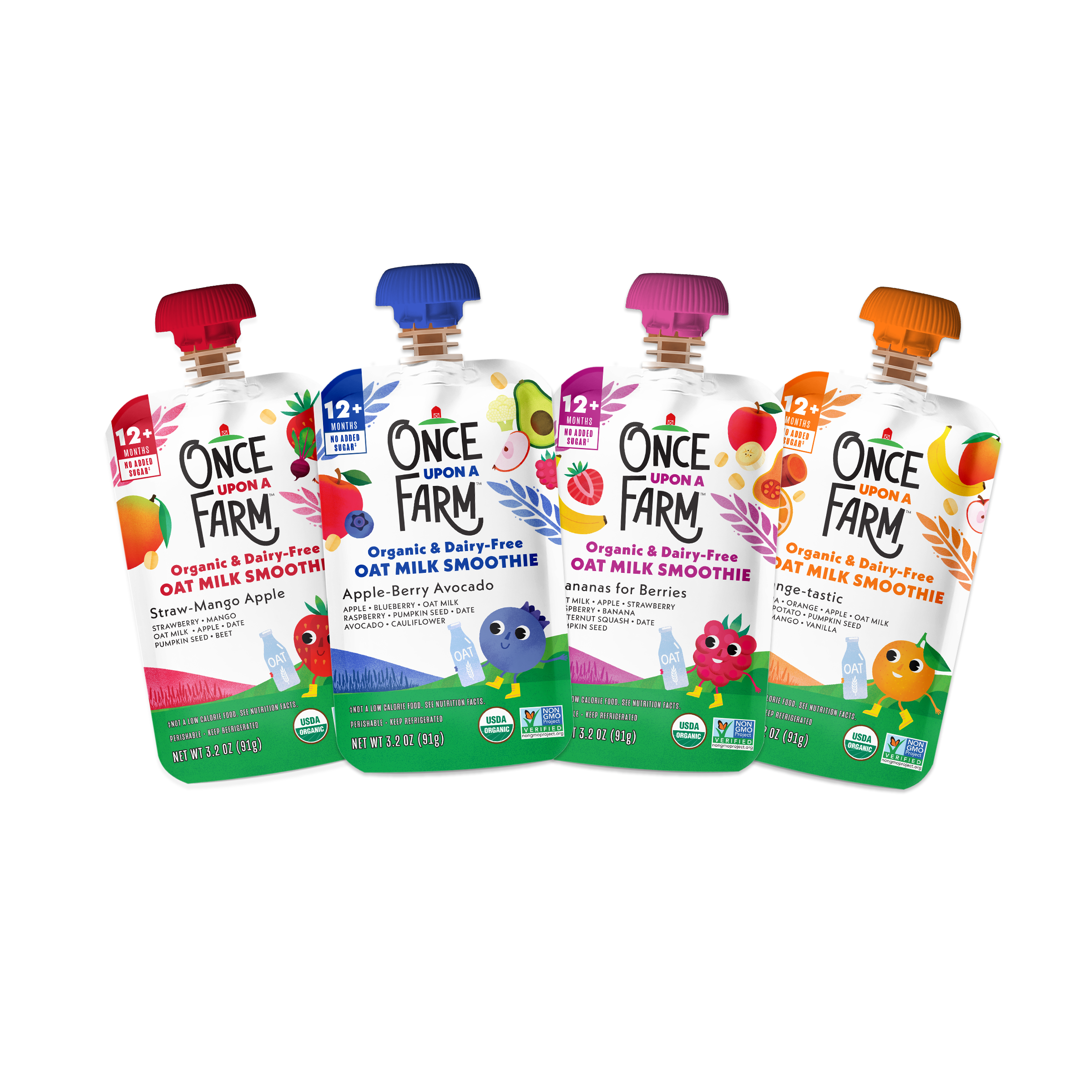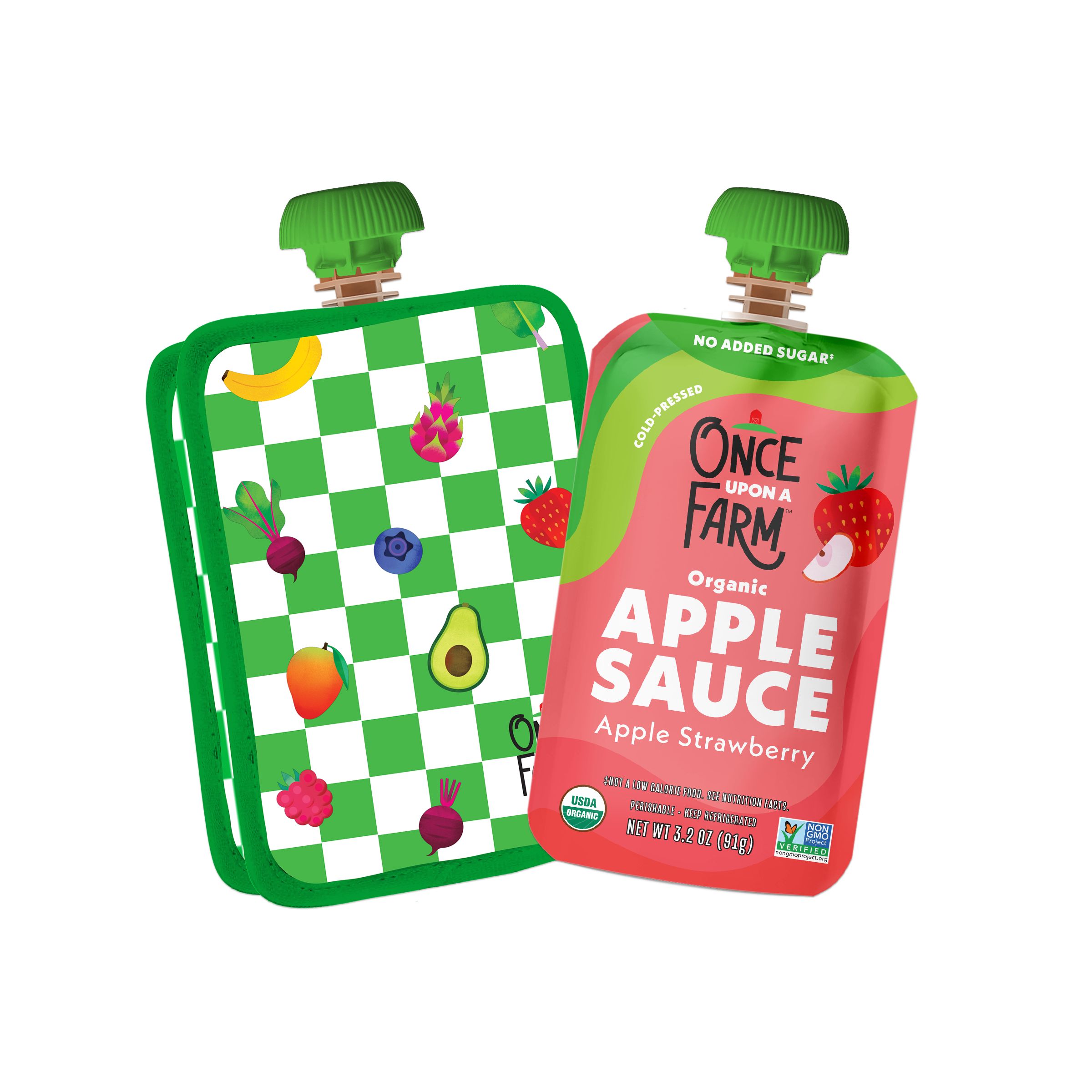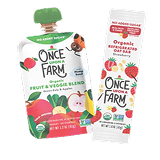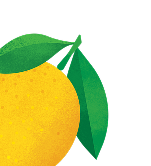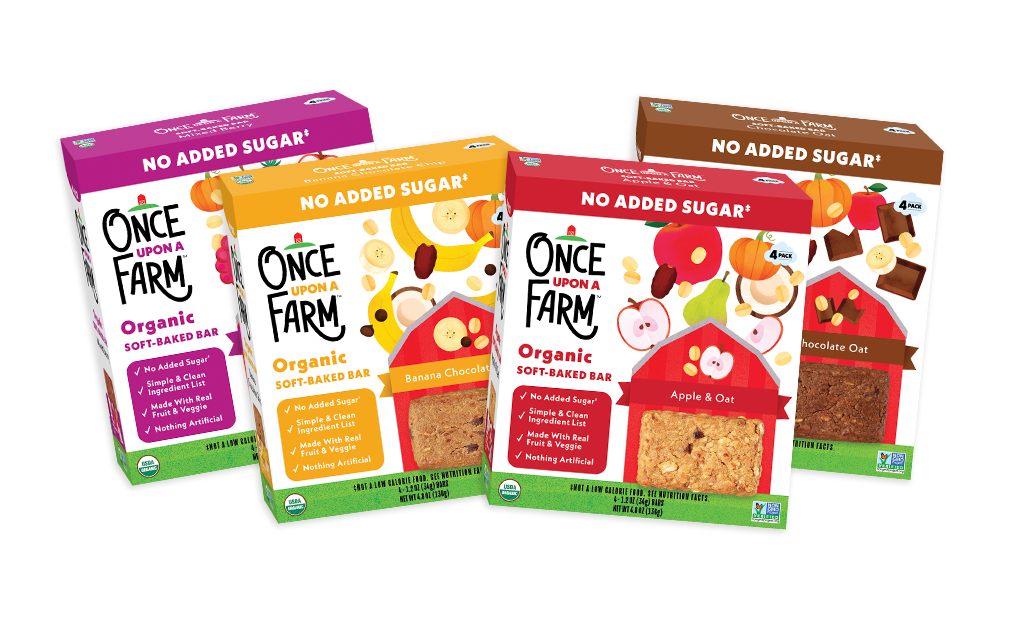Note: This blog is not medical advice and is for informational purposes only. For any specific recommendations or questions, please refer to your child’s healthcare provider.
While most of the time we try to encourage our kids not to pinch, there’s one kind of pinch we are eager to teach—the kind they use to eat finger foods!
The pincer grasp, as feeding specialist Melanie Potock, MA, CCC-SLP explains, is “a fine motor skill that babies gradually develop to pinch and pick up small objects with ease!” Like the OK gesture, it’s where the pointer finger and the thumb-tip touch. The skill becomes refined and precise with practice.
When Do Babies Develop the Pincer Grasp?
“Infants are born with a reflexive grasp,” Potock says, “that gradually shifts to a more intentional grasp as they begin reaching for objects with an open hand.” As early as four months, she continues, “babies begin practicing a raking motion, using all of their fingers to rake objects toward them and grasp in their tiny fists.”
Once babies start solids (around 6 months), they will use this method to rake, then grasp large pieces of food, bringing the food to their mouth. “Smaller, soft pieces of food can also be raked into their fists, but babies have less control of multiple soft pieces in their mouth when first starting solids. They may also still have difficulty releasing the grasp and getting the food into their mouth.”
While attempting to grasp these smaller pieces of food may cause frustration, your little one does need to practice, so they are ready to pinch smaller foods around 9 months. “Just like practicing any sport,” Potock tells us, “the quality of the fine motor skill of pinching takes time to mature, and most babies achieve quality pincer grasp development no later than 12 months of age.”
How Can Parents Encourage the Development of Their Pincer Grasp?
1. Offer Small Morsels of Soft Food
While your baby is alert and playful, Potock suggests offering small morsels of soft foods, one at a time on the high chair tray. Do this during playtime, she says, when baby is curious and, “they can focus on how to attempt to pinch tiny morsels between their thumb and forefinger.”
Always supervise and use soft, squishable pieces of food that will make it easier for your baby to pick up. She recommends soft, steamed (and cooled) carrots, cut into pieces about the size of a pea. “Baby will still be raking up the food, but the pieces will stick to baby’s fingers with each attempt, helping them feel successful.” These raking attempts will lead to pieces of food being trapped between the thumb and forefinger. As Potock explains, “that’s part of the process and helps baby hone in on the correct movements, getting better over time, eventually using the very tip of their fingers closer to 12 months.”
2. The Ice Cube Tray (or Cup) Trick
Around 7 months, you can place tiny squares of food inside a large ice cube tray and encourage your little one to use their thumb and forefinger to pick out the pieces. Potock suggests using avocado or bits of cooked squash. “Try coating the piece in some cracker crumbs or a bit of chia seed to help baby grab it easily and make it less slippery,” she says. Parents may need to hold the tray steady. “Another option is to hold a small container, like an espresso cup, that’s not too deep but also just wide enough for baby’s forefinger and thumb to reach the bottom and retrieve the soft, coated morsel.”
3. The Container Game
Building the pincer grasp can be a fun part of playtime, too. Between 6 and 7 months, Potock recommends offering toys that require grasping and releasing. “Parents can easily make these at home with a few colorful lids from the Once Upon a Farm pouches and an empty container of Organic Fruit and Veggie Puffs,” she suggests. Remove the lid from the container and save it for later. Encourage baby to pick up the pouch lids and place them into the empty container. Be sure to always supervise your baby and store pouch caps out of reach.
“As baby’s grasp-and-release skills mature,” Potock explains how you can make the game a little more challenging. “Cut a wide slit into the flexible container lid and tape each edge of the slit to protect little fingers from getting scratched.” Offer your baby disc-like objects to insert in the slit. “This requires more precision and parents will observe baby beginning to use more of their finger and thumb to manipulate the object, and then release.”
Over time, you can progress to smaller items, ensuring they are safe for baby to put into their mouth—because they will (and that’s part of the game!). Our Fruit & Veggie Puffs are perfect for this! Once they’re around 10 months old and ready to eat them, your kiddo can practice putting one puff at a time into the container. They will likely occasionally place a puff in their mouth as you play together. Whether they are putting it into their container, or in their mouth, they are practicing and perfecting their pincer grasp!
4. More Puff Play
Once you notice your baby can use the thumb and forefinger together, but they still need to practice precision, Potock has another game. “Hold a Once Upon a Farm puff in your own pincer grasp, and hover your hand in front of baby. They will reach out to grasp the puff, and will need to use their thumb and forefinger carefully to do so.” Keep it up, as long as baby (and you) are enjoying the game!
When Should Parents be Concerned About the Pincer Grasp?
If your little one is showing frequent signs of frustration, or does not seem to be following the recommended cadence for pincer grasp development (beginning to rake around 5/6 months, trying to use their thumb and forefinger by 7 months, successfully using their pincer grasp by 9 months), you can bring it up to your pediatrician. Potock says they may decide to monitor your baby’s motor development and may also refer you to a pediatric occupational therapist specializing in motor skill development. If you’re concerned, it’s always best to seek support early to ensure your baby can thrive and enjoy the wonderful world of food!

